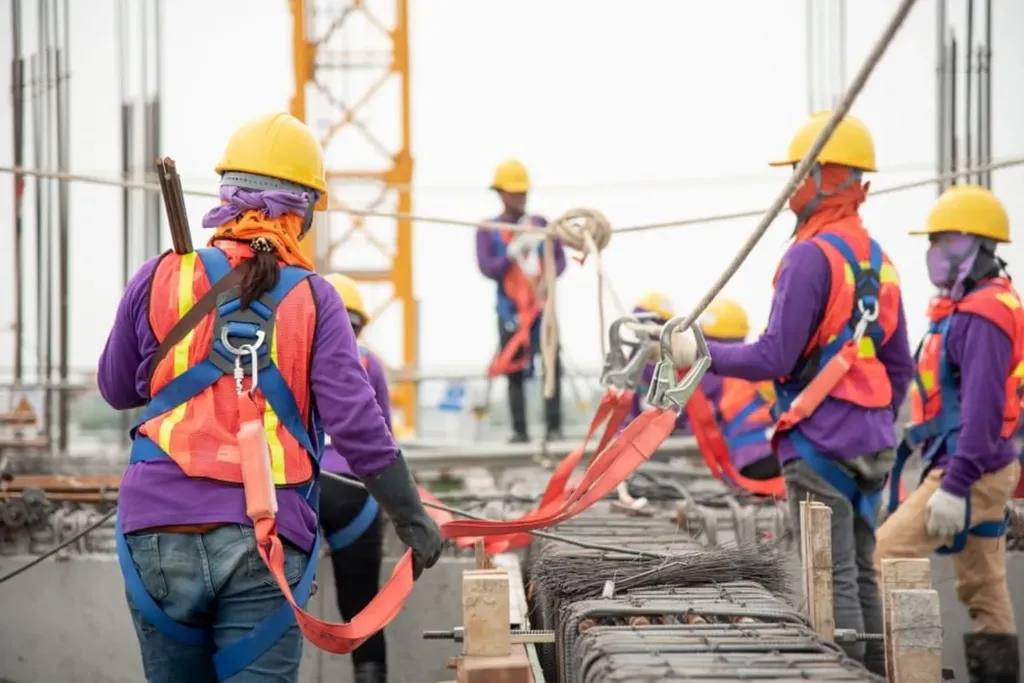In the bustling heart of Indonesia’s construction industry, a pressing issue looms large: workplace safety. With accident rates on the rise, the economic toll is staggering, disrupting productivity and inflating costs. Enter Rossy Armyn Machfudiyanto, a researcher from the Department of Civil and Environmental Engineering at Universitas Indonesia, who is shedding light on a critical approach to tackling this challenge: Learning from Incidents (LFI).
LFI is not just a buzzword; it’s a structured process that involves analyzing past incidents to prevent future ones. It’s a proven methodology that could significantly enhance workplace safety, but its implementation in Indonesia faces persistent obstacles. “We have a weak safety culture, inadequate reporting systems, and insufficient enforcement of safety standards,” Machfudiyanto explains. “These challenges hinder the effectiveness of LFI and limit its capacity to drive meaningful improvements.”
To bridge the gap between the importance and current performance of LFI implementation, Machfudiyanto’s study integrates a literature review, expert validation, and Importance-Performance Analysis. The findings are revealing. While Investigation Participation met or exceeded expectations, other critical indicators like Contextual Safety Engineering and Dissemination Reach require substantial improvement.
So, what does this mean for the construction industry, particularly the energy sector which relies heavily on robust infrastructure? The implications are significant. By addressing these gaps, companies can better align LFI implementation with safety objectives, ultimately fostering a safer and more sustainable construction industry. This could lead to reduced downtime, lower medical and compensation costs, and improved productivity.
As Machfudiyanto puts it, “Targeted strategies to enhance LFI processes can drive meaningful change. It’s about creating a culture of safety that permeates every level of the organization.”
The study, published in the ‘Journal of the Civil Engineering Forum’ (translated to English as ‘Jurnal Forum Teknik Sipil’), serves as a wake-up call and a roadmap for industry stakeholders. It’s a call to action for construction companies to prioritize safety, not just as a compliance issue, but as a strategic imperative that can drive commercial success.
In the words of Machfudiyanto, “Safety is not just about avoiding accidents; it’s about creating an environment where everyone can thrive. It’s about building a future where construction sites are not just places of work, but places of progress and innovation.”
This research is a stepping stone towards that future. It’s a testament to the power of learning from the past to shape a safer, more sustainable future for the construction industry and the energy sector at large.

